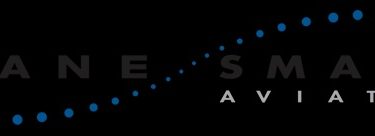Travelers who need to charge their electronic devices, such as smartphones, tablets and laptops, are advised to avoid using public USB power charging stations in airports, hotels, and other locations due to the security risk known as “juice jacking,” the Los Angeles District Attorney said in a security alert.
USB connections were designed to work as both data and power transfer mediums, with no strict barrier between the two. As smartphones became more popular in the past decade, security researchers figured out they could abuse USB connections that a user might think was only transferring electrical power to hide and deliver secret data payloads.
An advisory from the District Attorney’s Office of Los Angeles County warned against the USB charger scam, in which hackers try to infect the smartphones and other electronic devices of unassuming travelers through the free USB charging stations in public places such as airports and hotels. Juice jacking attempts see hackers loading malware into the charging stations, or in cables that they leave plugged in at the stations. The malware may either lock the smartphone and hold it as hostage, or forward sensitive information such as passwords to the attacker.
The county’s chief prosecutor’s office does not have any recorded cases of juice jacking, a spokesperson said. The spokesperson simply said that the advisory was part of a “fraud education campaign.”
The plan of attack by hackers to commandeer USB charging stations is not a new concept. Warnings against juice jacking have been around for years, but juice jacking is nowhere near epidemic levels — despite the alarming warning from the authorities.
The District Attorney’s Office of Los Angeles County recommended travelers plug their own charging cables into AC power outlets. Portable chargers, which comes in many different forms and price points, are a safer alternative to public USB charging stations as well.
While juice jacking may not be the weapon of choice for hackers, as there are many other ways to infiltrate the smartphones of targets, it remains a potential threat. Travelers should stick to the safe side and only consider public USB charging stations a last resort.























